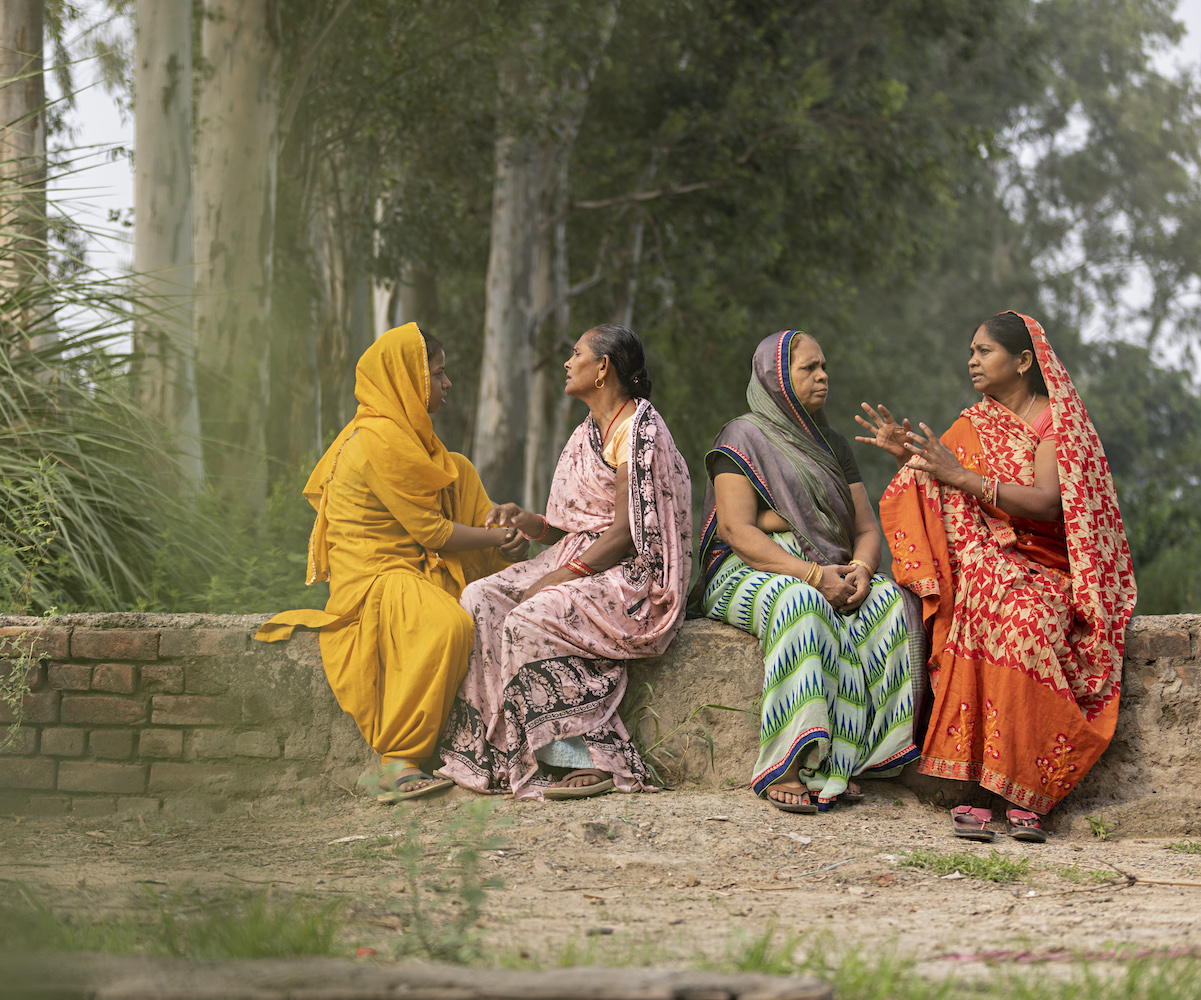New PRB Analysis Offers Insights as India’s Population Surpasses China’s, Notes Overlooked Rise of Sub-Saharan Africa
PRB provides analysis on why the demographic changes over the next 30 years matter for the global economy, the global labor force, and the United States.



